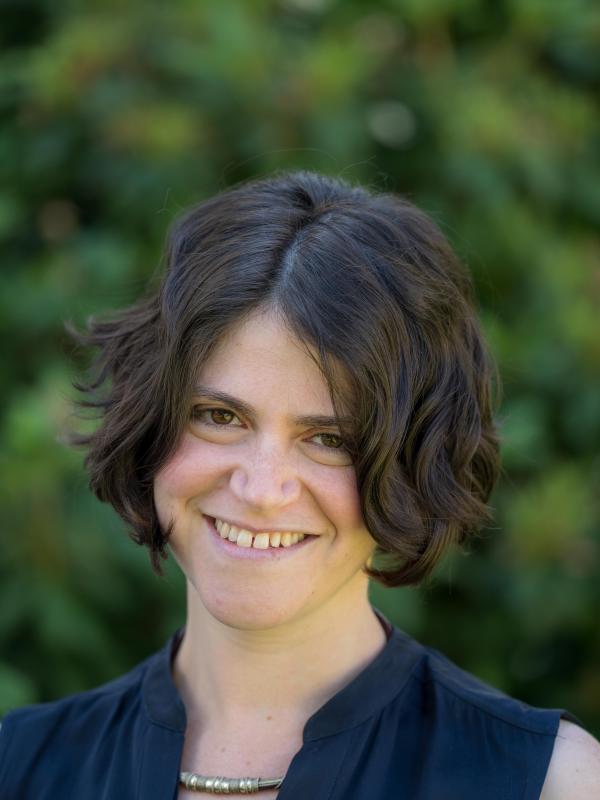
Harriet Fertik
Associate Professor
she/her/hers
426 University Hall
230 N. Oval Mall
Columbus, OH 43210
Areas of Expertise
- Roman literature and political thought
- social and political history of the early Roman empire
- classical reception
- Black classicisms
Education
- Ph.D. University of Michigan
- A.B. University of Chicago
Harriet Fertik's research focuses on literature and political thought in the early Roman empire and on classical reception. Her first book, The Ruler’s House: Contesting Power and Privacy in Julio-Claudian Rome (Johns Hopkins University Press, 2019) explored how Romans used the world of the house to interpret and interrogate the role of the emperor. She co-edited (with Mathias Hanses) Above the Veil: Revisiting the Classicism of W. E. B. Du Bois, a special issue of the International Journal of the Classical Tradition (2019). Her recent publications include "Learning from Women: Mothers, Slaves, and Regime Change in Tacitus’ Dialogue on Orators" (Polis 2020), "Women’s Work: Exploring a Tradition of Inquiry with W. E. B. Du Bois, Anna Julia Cooper, and Aristotle” (The Routledge Handbook of Women and Ancient Greek Philosophy 2024), "Antiquity, Tradition, and Anti-Blackness in Hannah Arendt’s Public Sphere" (TAPA 2024), and "W. E. B. Du Bois's Universal History in Black Folk Then and Now (1939)" (Classical Receptions Journal 2024). Her current book project, Traditions Lost and Found: W. E. B. Du Bois, Hannah Arendt, and Classical Antiquity, explores how and why Du Bois, a Black American writer, sociologist, and civil rights activist, and Arendt, a German Jewish refugee, essayist, and political theorist, deploy Greek, Roman, and Jewish antiquity in their accounts of political education. She is also developing a project on the role of women, especially mothers and nurses, in Roman thought on language and literature.
Fertik is one of the founding members of Eos, a society dedicated to Africana receptions of ancient Greece and Rome, and serves on its executive committee. She co-leads the "Metaphors of Reception, Reception as Metaphor" working group at the Humanities Institute at Ohio State. She was previously an associate professor of Classics at the University of New Hampshire and held an Alexander von Humboldt research fellowship at the Humboldt University of Berlin.
